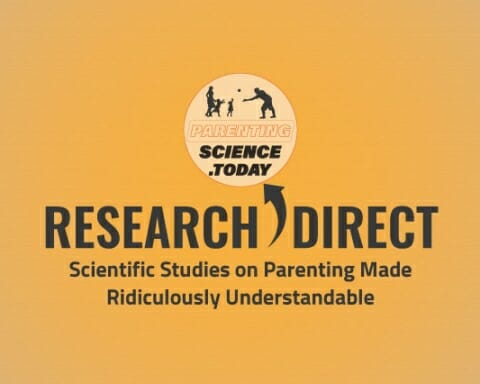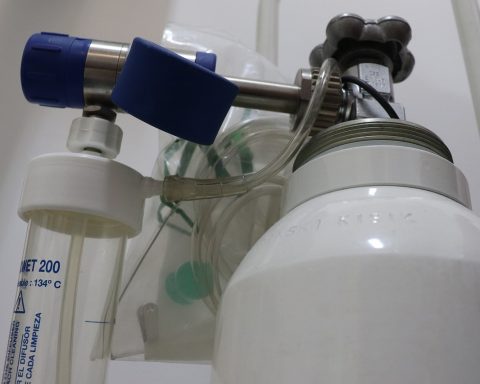About 89 percent of American women drink coffee, and some of them continue to do so during pregnancy. While a number of recent studies claim that caffeine consumption has health benefits, such as a decreased risk of diabetes, Parkinson’s disease, and liver disorders, the effects of maternal coffee consumption on the fetus have not been well studied or understood.
Some traditional literature indicates that the intake of caffeine at the levels usually consumed by humans does not cause congenital malformations in the baby; however, the literature does not rule out the possibility that small or moderate anomalies may appear in some cases.
So, is there any link between coffee drinking and congenital disorders?
A Research Study
Due to the controversy around this topic, some North American researchers carried out a study titled “Maternal Caffeine Consumption and Risk of Cardiovascular Malformations,” in which they analyzed the relationship between caffeine consumption during pregnancy and the risk of specific cardiovascular malformations. For their research, they observed women who were participating in the National Birth Defects Prevention Study (NBDPS). The NBDPS is a historical study in which multiple congenital malformations and their possible causes in American children are analyzed.
The researchers believed that caffeine exposure would only increase the risk of cardiovascular malformations in specific cases, especially if caffeine was combined with other substances, such as nicotine, alcohol, and vasoactive medications.
The researchers recruited mothers from the NBDPS and collected data about the mothers via telephone interviews. Specifically, they gathered information about the mothers’ demographic characteristics, pregnancy history, and several conditions and exposures before and during pregnancy.
Several maternal variables were evaluated, such as the mother’s age at delivery, parity, race or ethnicity, educational level, and BMI. The researchers also examined for the presence of gestational diabetes, nausea or vomiting during pregnancy, and fever during the first trimester. Each mother’s exposure to cigarettes, alcohol, vasoactive drugs, vitamin supplements, and recreational drugs like cocaine was also determined. Finally, the mothers were asked about their family history of congenital malformations, the gender of their babies, the season of birth, and the type of cardiac anomaly that occurred.
The researchers also asked about the mothers’ usual consumption of caffeinated coffee, tea, soda, and chocolate during the year prior to pregnancy and used their responses to estimate each mother’s total caffeine intake per day. Caffeine exposure varied depending on its origin. Coffee contained the greatest amount of caffeine, and the levels gradually decreased with tea, soda, and chocolate. The researchers also measured the caffeine exposure from certain drugs and pharmacological preparations.
The Results
This study does not show any significant evidence of a link between maternal caffeine consumption and the risk of cardiovascular malformations. In addition, infant gender, maternal alcohol intake, vasoactive medications, and vitamin supplements did not seem to have any effects.
Although they observed a possible link between maternal smoking and cardiovascular malformations, the pattern was unexpected and may reflect biases in the study. Among nonsmokers, moderate caffeine consumption was associated with insignificant increases in the risks for some cardiac abnormalities. Compared to nonsmokers who reported little or no caffeine intake, high-risk estimates were observed for smokers who also reported little or no caffeine intake.
No additional increases were observed for caffeine consumption and smoking; in fact, the risk of suffering a cardiac malformation was lower. Among both smokers and nonsmokers, risk estimates were generally lower for total caffeine intake.
In summary, they observed only a modest, insignificant association between moderate caffeine intake and the risk of tetralogy of Fallot and a significant inverse trend between coffee drinking and the risk of heart wall defects. They even observed decreased risks for certain cardiovascular malformations, but the results are difficult to interpret.
The fact that drinking coffee has some protective effects does not mean mothers should drink more coffee during pregnancy. Consult a doctor before making any changes to your diet or the baby’s diet. Also note that coffee does not alter breast milk, which is still the best food for a baby.
Reference
Browne, Marilyn L., Erin M. Bell, Charlotte M. Druschel, Lenore J. Gensburg, Allen A. Mitchell, Angela E. Lin, Paul A. Romitti, and Adolfo Correa. “Maternal Caffeine Consumption and Risk of Cardiovascular Malformations.” Birth Defects Research Part A: Clinical and Molecular Teratology 79, no. 7 (2007): 533–543. Retrieved from https://www.ncbi.nlm.nih.gov/pubmed








